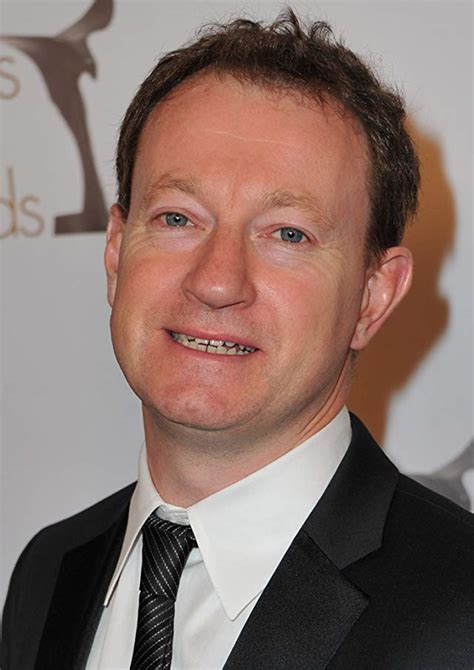A Quote by Robert Gottlieb
For me, the real pleasure in writing is in having an excuse to pursue my curiosity about people who have meant something to me.
Related Quotes
Sometimes people will request a song I haven't played in a while and I'll play it and singing the lyrics will mean something different to me as a 35 year-old person than they did when I was 25. I know I'm still that person who wrote it and thought I knew what I meant when I was writing them. They meant something very exact to me in that time of my life. But it's really cool when those same lyrics can transform into something else and mean something entirely different to me.
To work in America or other places is more about curiosity, because I'm dealing with cultures and sensibilities that I don't really know. So I'm having to sort of investigate them, which I'm fascinated in, but it comes from a place of curiosity rather than a real need to get something out of my system.
All I expect are wins and to get pleasure from the game. And if someone thinks something about me, if someone's dissatisfied with something... that's not my headache. I hope someday I'll become World Champion - and I'll make all these people happy. But even if for some reason that doesn't happen it won't stop me getting pleasure from chess. I'm sure of that.
As a youngster when I started writing and stuff, I did actually write more from other people's perspectives. When I hit 18 and something happened to me that hurt me, I discovered that writing the truth is really therapeutic and amazing. Every single one of my songs is about something very personal to me and I could tell anyone what it's about, each song. Like a diary, basically.
My father, Benjamin Shiller, told me not to believe in authorities or celebrities - that society tends to imagine them as superhuman. It's good advice. People are snowed by celebrities all the time. In academia people have this idea of achieving stardom - publishing in the best journals, being at the best university, writing on the hot topic everyone else is writing about. But that's what my father told me not to do. He taught me that you have to pursue things that sound right to you.
I was feeling like I'd been born in the wrong place at the wrong time with the wrong people. I don't believe that anymore, not coincidentally two years after writing Eileen. I think that was the driving curiosity for me, thinking about real and fictional characters who could respond to that problem.






































